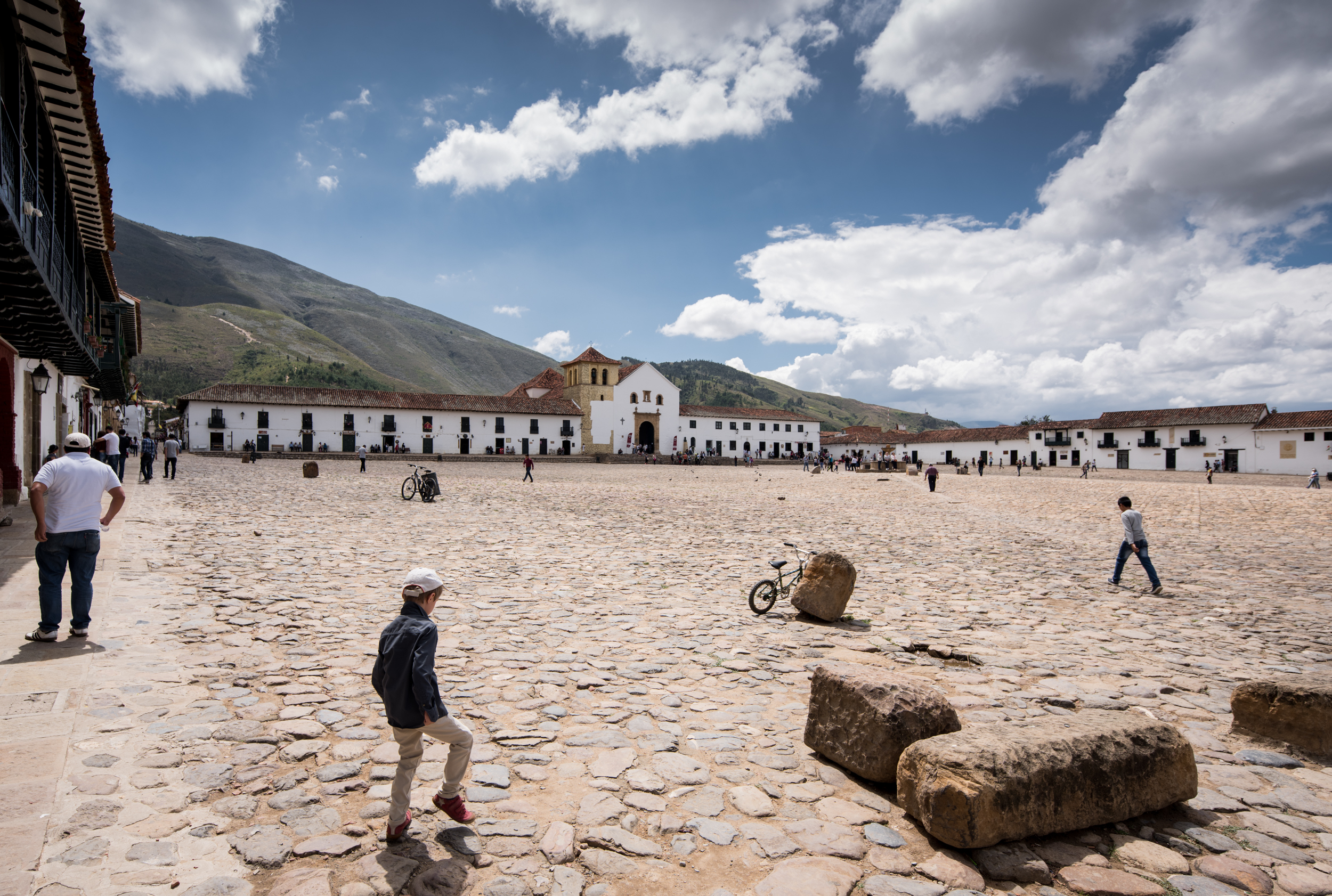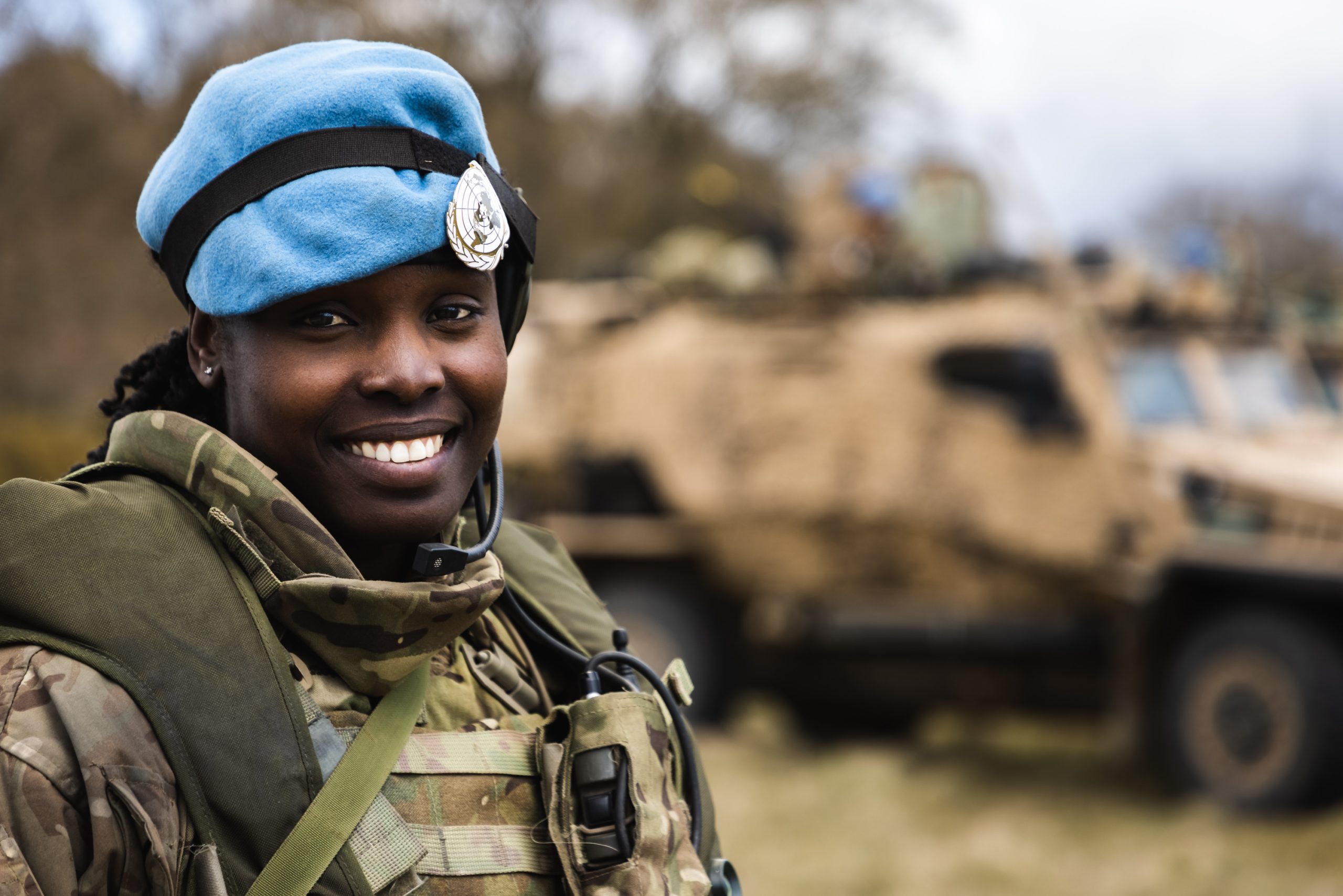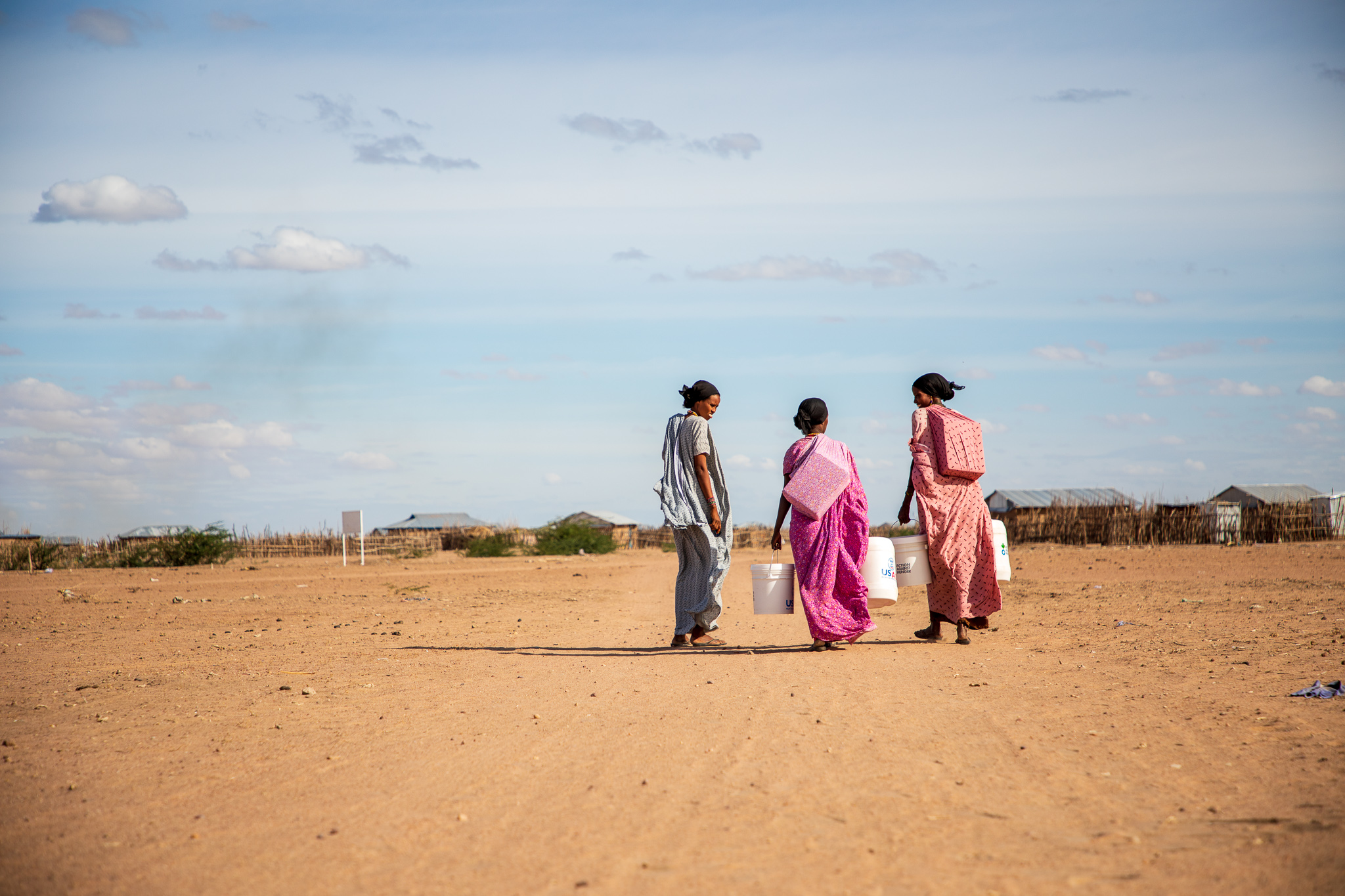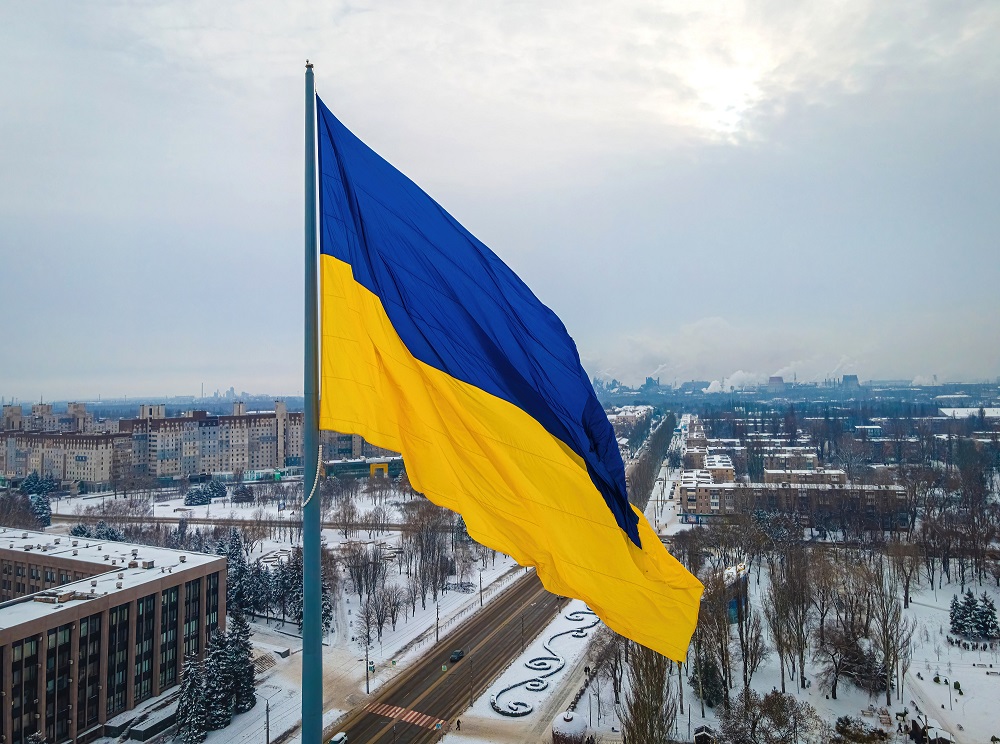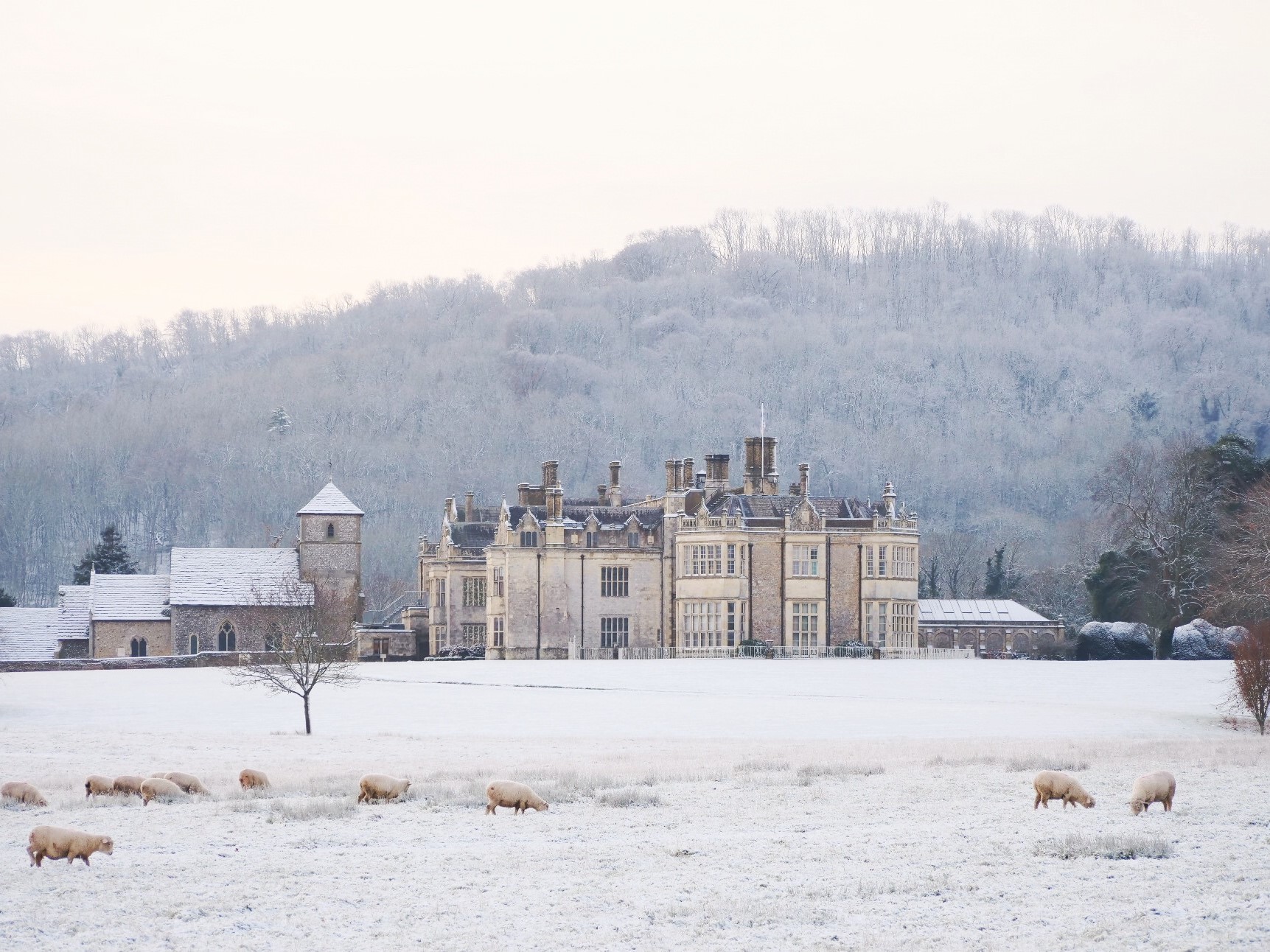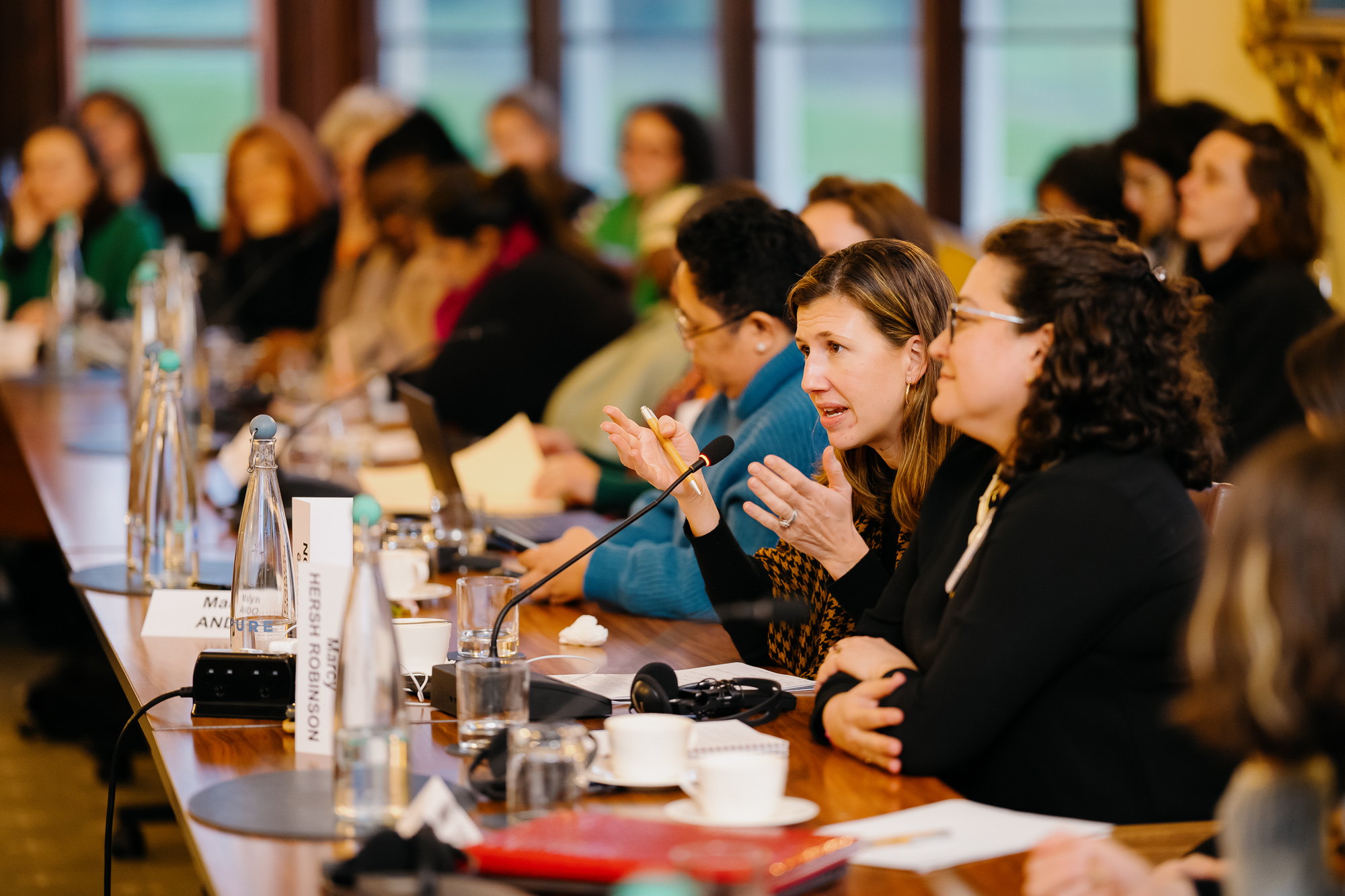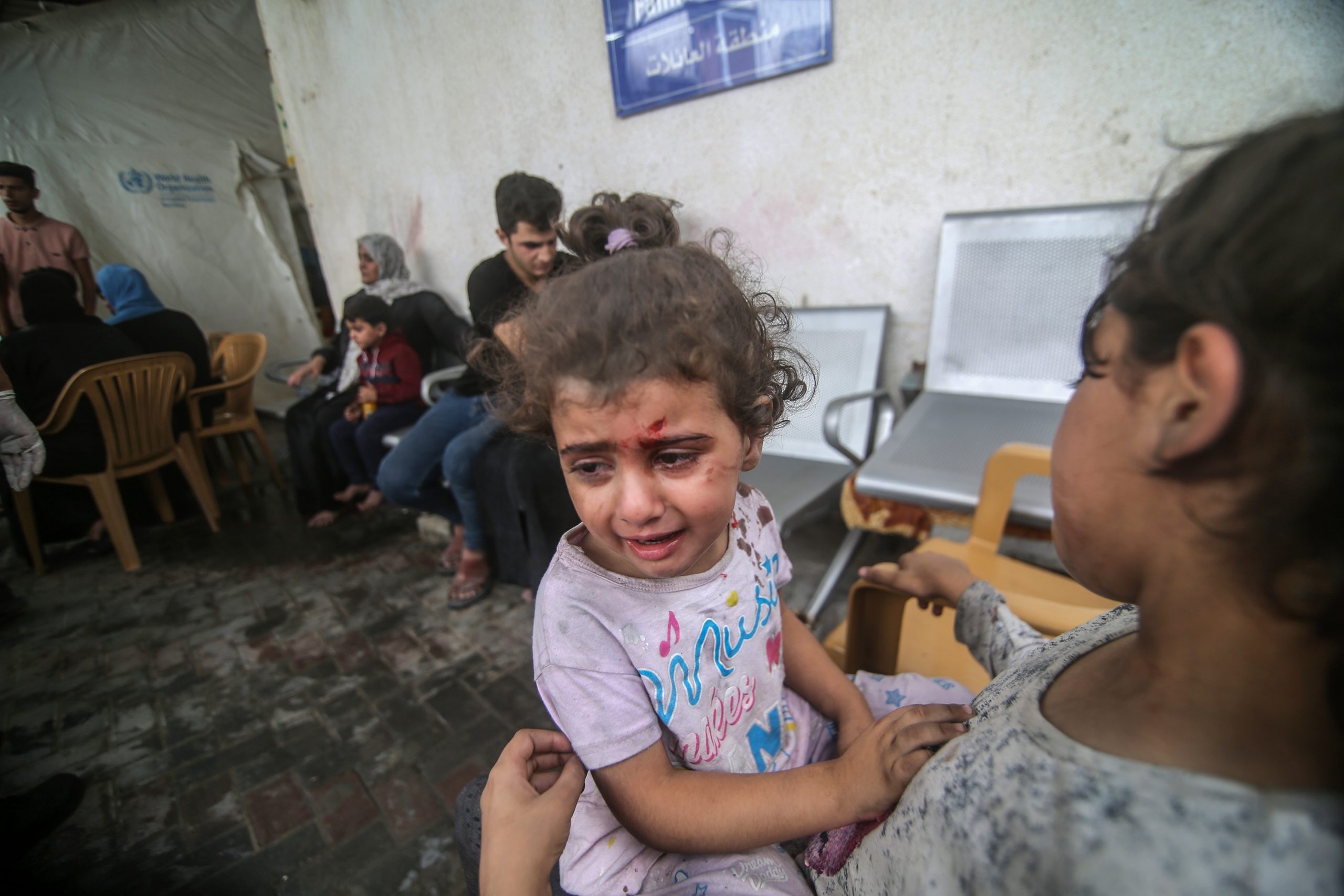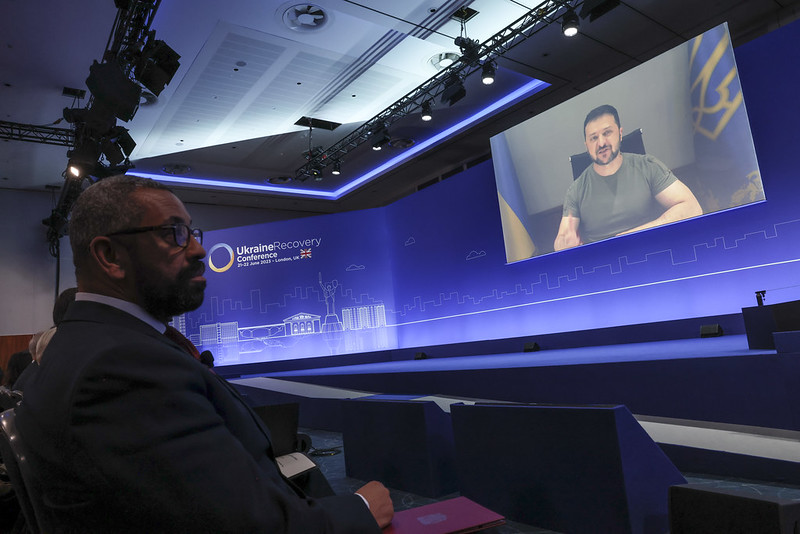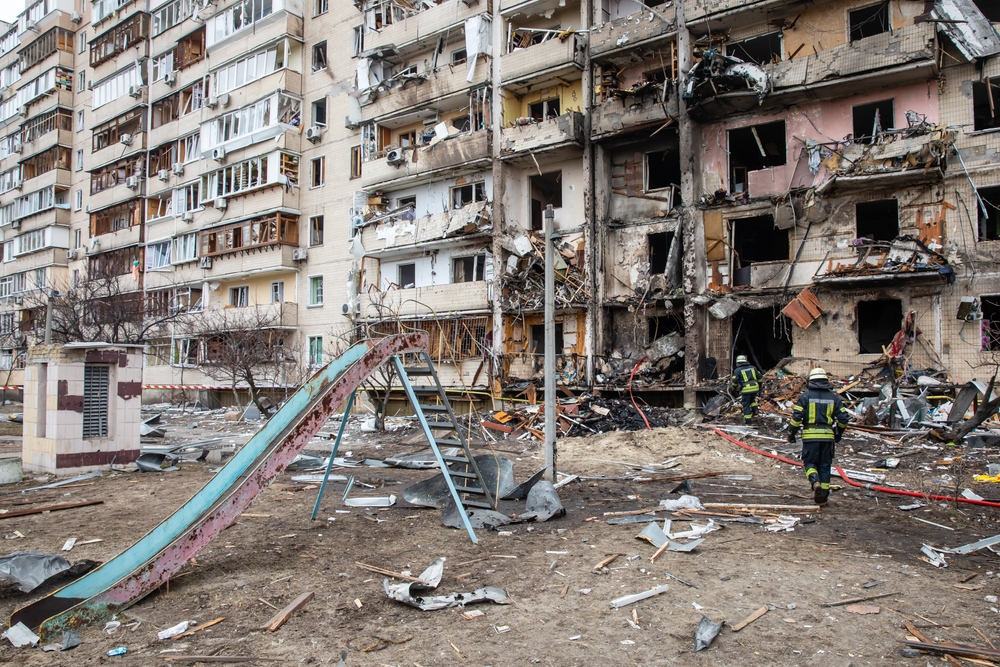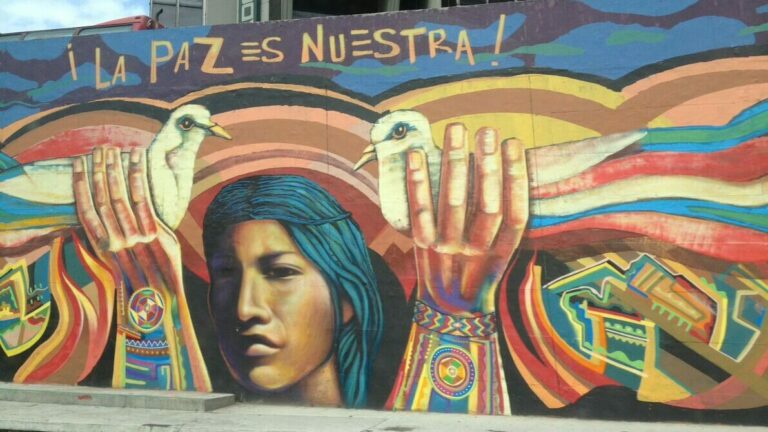Colombia represents an unusual case in the litany of modern counterinsurgency and stabilisation experiences, which have mainly occurred in weak states. Colombia has a developed state and vibrant economy, recently became a member of the OECD and is a NATO associated country. Yet, an extensive area of the country has only a weak or no presence of the State, which competes with an array of armed groups (criminal and political) for control of the population, resources and illicit economies including coca crops, mining and deforestation. The government of President Iván Duque is developing a stabilisation plan for these insecure regions, establishing priorities amongst them. The Colombian government will carry out its stabilisation plan without the support of foreign troops and in parallel with implementation of some aspects of the landmark 2016 peace agreement with the FARC, another particular circumstance compared to other stabilisation missions.
This Wilton Park dialogue will enable sharing lessons from Colombia’s Democratic Security Policy during the 2000s and stabilisation operations in Iraq, Afghanistan and other contexts. It will examine how Colombia’s new stabilisation plan can help achieve progress towards the threefold objective of implementing peace, combating armed groups and expanding state authority, how the Colombian government and armed forces can meet the challenges of coordination in combined civil-military missions, and what role the UN and other donors can usefully play in assisting Colombia with its stabilisation goals.
The meeting will also be an opportunity to learn from Colombia’s particular and complex experience and extract lessons on state building for political processes in other contexts.
